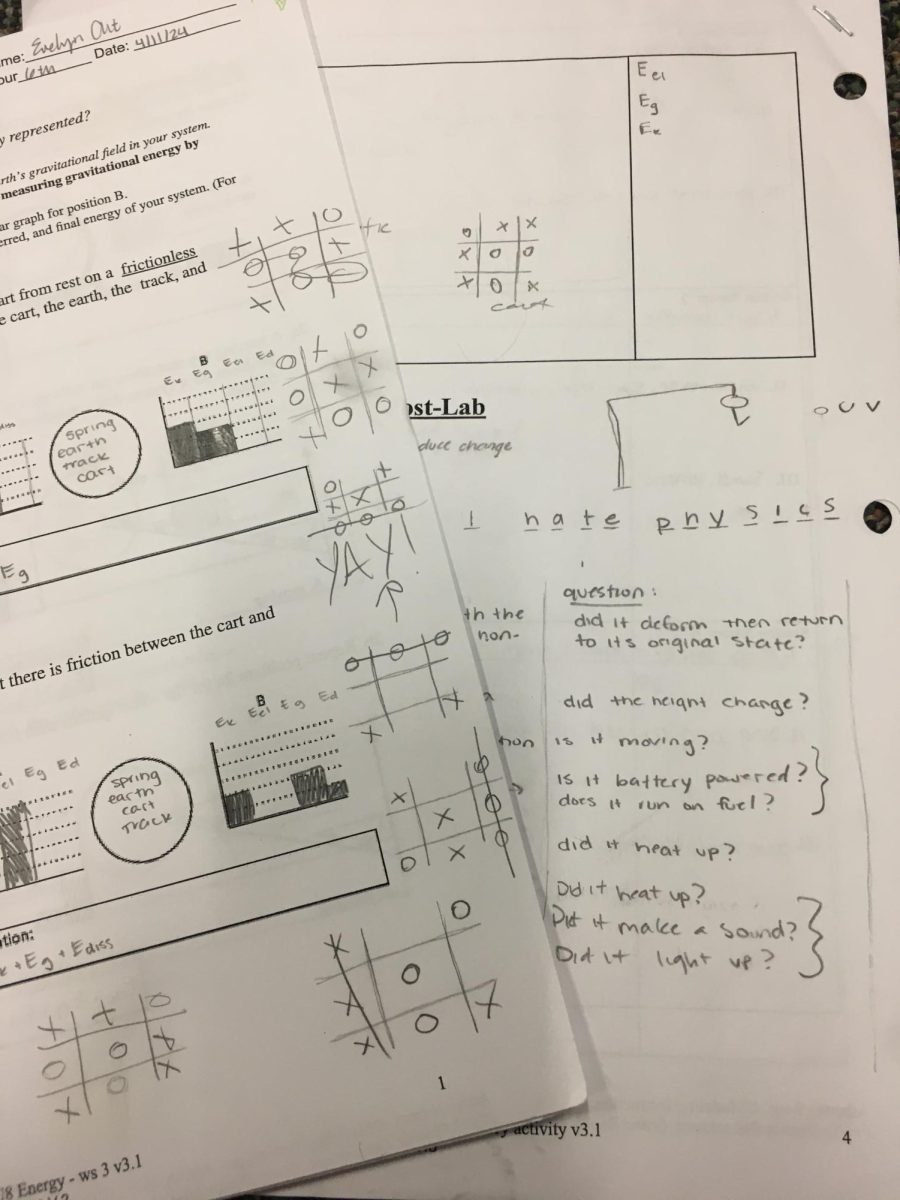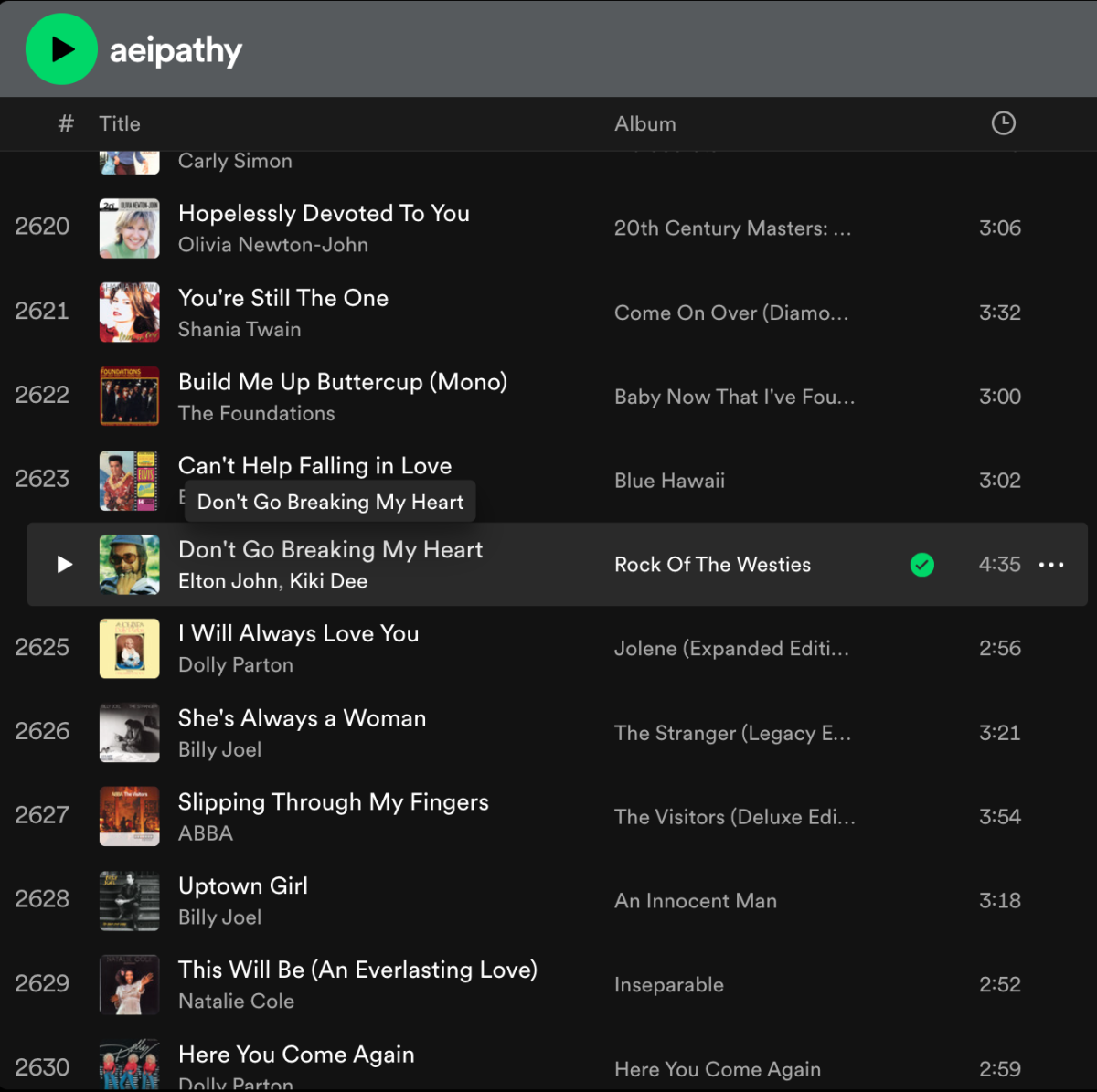What is a lie?

I was raised to respect those around me. I was raised to follow the Ten Commandments. I was raised to follow the law. I was raised to never lie. But I’m a teenager, and my world has gone from strictly black and white to gray.
I’m not saying that it should have, but it has. As I’ve gotten older and begun to be able to think for myself and make my fair share of mistakes, the subject of right versus wrong has often come up. And that’s a subject with a lot of gray areas.
One of those gray spots is the difference between lying and omitting the truth.
When you first hear this question, your answer is often quick and sure. “Of course omitting the truth is lying.” However, the more you mull it over and the more you begin to wonder, the more you’ll see that omitting the truth is in fact not a lie.
I’m not endorsing omitting the truth. Just because it isn’t lying doesn’t mean it is in any way acceptable. A “lie” of omission hurts people and will, undoubtedly, get you in trouble. It’s wrong, deceitful, and degrading. But it’s not lying.
The definition of a lie is saying something that isn’t true. Saying that you’ll take care of the dishes when you know you won’t. Saying you like someone’s new haircut when you actually can’t stand it. Saying you want more of your grandma’s disgusting fruitcake. Those are lies. However, the definition of omitting the truth is simply not saying anything. Doing something wrong and simply not telling your parents because “they didn’t ask about it specifically”– that’s omitting the truth, not lying. Apples and oranges.
The confusion between the two comes from the fact that they are often used in conjunction. When I was younger, I got in trouble in class. I don’t remember what I did, but I’ll never be able to erase the consequences from my memories. My teacher sent a note home asking to talk to my parents, and I was so scared that I simply didn’t tell my parents about it. I omitted the truth. However, the next day after a call from my teacher, my parents knew they should’ve gotten a note from me. So that night when I got home my parents asked straight up if I had gotten a note from my teacher. Can you see where this story’s going? I told my parents I hadn’t. I lied.
From this kind of situation, where both types of lie are used, sprouts confusion between omitting the truth and deception.
I was raised to be respectful. I was raised to work hard. I was raised to neither lie nor admit the truth. I was raised to ask questions and find the answers.

Ashlyn Korpak is a senior and entering her fourth and final year on The Central Trend. You can almost always find Ashlyn in The Central Trend room. But,...


























































































